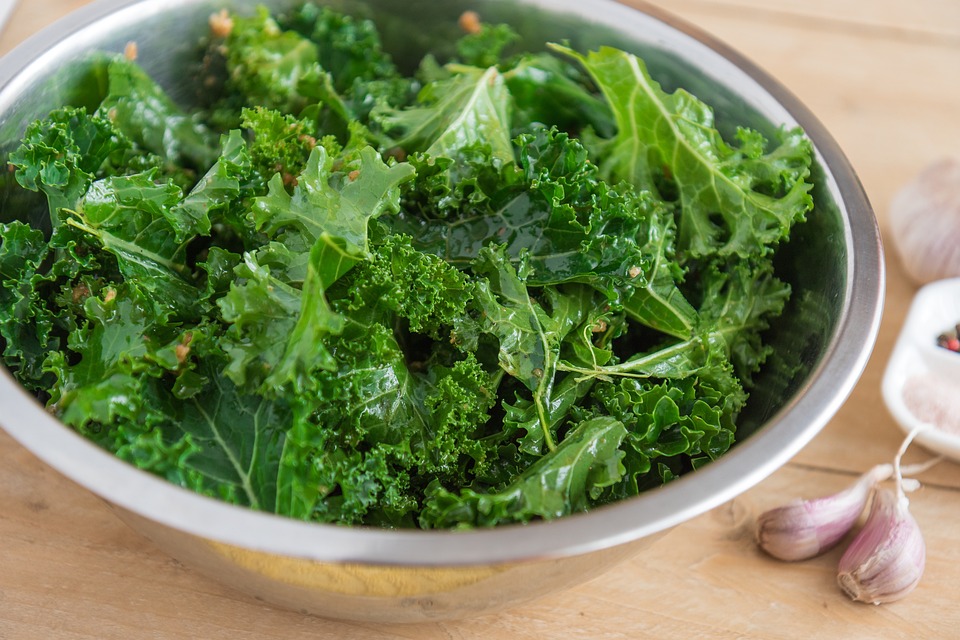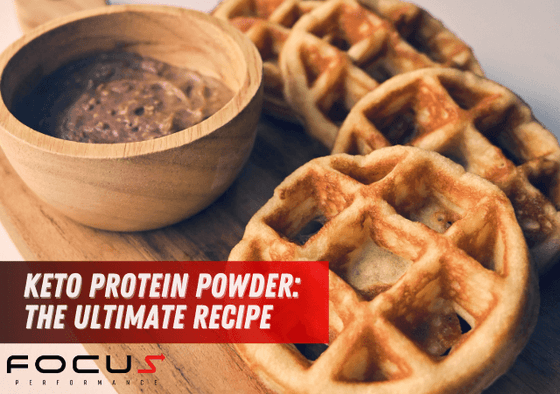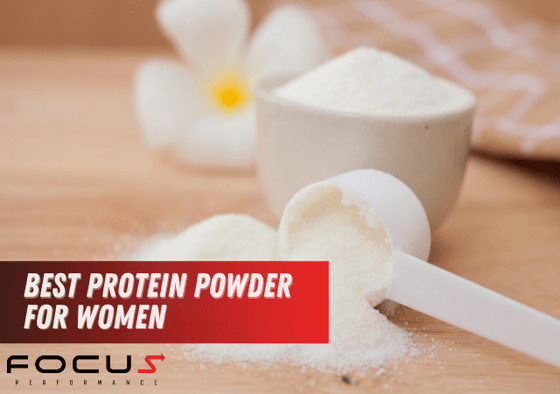
You might be one of the many people who are wondering how to increase your protection against COVID-19 (Coronavirus). The good news is that you can make good food choices today to help improve your immunity and mood in the process.
People who have a well-balanced diet tend to have stronger immune systems. A strong immune system minimises the risk of diseases. Like you’ve always heard, eating a variety of unprocessed and fresh foods daily can give you the minerals, vitamins, protein, fibre, and antioxidants required by the body. Antioxidants are the substances that fight against free radicals or unstable atoms that damage cells.
This post will discuss how you can keep your immune system nourished and healthy. Do note that the suggestions provided here are not to be interpreted as a cure for the COVID-19 virus.
Our immune system is a sophisticated network consisting of various systems, tissues, organs, and cells. All of these parts come together to defend the body against pathogens, such as viruses, bacteria, and fungi.
An essential aspect of the immune system is the lymphatic system. This part consists of lymph nodes, the spleen, bone marrow, and the thymus. They all work together to create white blood cells, which go through the body to eradicate germs.
That is why it is essential to protect and maintain the health of white blood cells to have a healthy immune system.
The immune system can be liked to an army. It has sophisticated weapons by way of cells and compounds. To function optimally, this army has to be provided with constant supplies, which we can obtain through our diet.
Minimally-processed food is the best diet you can get for the immune system. In fact, experts suggest that 75% of our diet should be plant foods.

Keep in mind that it is better to get nutrients from food rather than supplements. However, some select supplements may be more useful since there are some vitamins and minerals that we cannot obtain from our normal diet.
Below are some ways you can boost your immune system.
A variety of building blocks for the immune system can be obtained from fruits and green leafy vegetables. Some of the essential immune-boosting nutrients in these plant-based foods include beta carotene, vitamin C, and certain B vitamins such as folate.

Polyphenols, or antioxidants that contribute to a healthy gut, can be acquired by eating fruits and vegetables. These compounds help the good bacteria in our bodies flourish and do their job. They also enhance the gut environment, which is where most immune cells can be found.
There are other ways in which polyphenols work their health benefits for the immune system as well. For instance, they modify pro- and anti-inflammatory cells. In the worst instances of COVID-19, pro-inflammatory cytokines are rampant and could be responsible for causing death in some cases.
Fruits and vegetables can be very beneficial to the immune system. When selecting them, it is best to seek different options. Purchase fresh, dried, frozen, or canned fruits and vegetables.
You can also have juices like pomegranate or vegetable juice to help you reach your vitamin goals. Two cups of fruit and two and a half cups of vegetables each day should be enough for most people.
Whole grains, such as quinoa, oats, wheat, and brown rice, contribute to a healthy immune system by providing the nutrients it needs to stay healthy.
In one study, researchers suggested that consuming whole grains may help in regulating inflammation. Inflammation is crucial as it contributes to the development of various diseases, one of which is type 2 diabetes.

This same study showed that consuming whole grains, rather than their refined counterparts, led to subjects experiencing weight loss. Its author recommended that going for whole grains may be beneficial for people who wish to lose weight.
Since it is known that the COVID-19 virus becomes more severe to those who are obese and those with type 2 diabetes, going for whole grain may be good for these patients in the long run.
All kinds of seeds and nuts, oily fish, avocados, and olives contribute to regulating the inflammatory process of the body. Depending on the type of food, it could also provide key nutrients (magnesium, zinc, selenium, vitamin E, or iron) that improve cell function.

Health information experts advise having these foods to boost the immune system in every meal. For example, you can sauté vegetables in virgin olive oil and add chopped hemp seeds or nuts to it.
Pulses, including legumes, dried peas, and beans, are considered whole foods. They are also shelf-stable forms that provide plant-based proteins. These proteins provide immune-boosting nutrients, including iron, fibre, and magnesium.
Whether you’ve decided to cut down on meat consumption or simply want to try other protein-rich foods, consuming pulses can help. Other whole plant-based protein foods include edamame and tofu.

If this is your first time trying either of these two, you can start by serving them in ways familiar to you. For instance, add edamame to your favourite stir-fry or mix in some tofu with your salads.

Health experts recommend consuming seafood at least twice a week, as this can improve immune health. Seafood provides the body with anti-inflammatory omega-3 fatty acids including other nutrients like zinc and magnesium that are beneficial to the immune system.
Deciding to replace red meat with seafood, since red meat is high in pro-inflammatory saturated fats, could improve the body’s defence against chronic inflammation.
Some examples of fermented foods that boost gut bacteria are kimchi, yogurt, kombucha, and sauerkraut.

According to one review, providing the body with probiotics, such as that obtained from fermented foods, can help prevent upper respiratory tract infections. It has also been shown to reduce at least two days in the recovery people of people who became sick compared to those who were given the placebo.
Consuming sufficient nutrients in a diet is necessary for the function and health of all cells, including that of immune cells. Specific dietary patterns could better prepare the body against excess inflammation and microbial attacks.
Every stage of the immune response depends on the presence of various micronutrients. Examples of nutrients that are beneficial to the function and growth of immune cells are zinc, vitamin C, vitamin D, iron, selenium, and protein. These can be obtained in a variety of animal and plant foods.
Diets consisting of processed foods, particularly because they lack a variety of nutrients, can be harmful to a healthy immune system. Many also believe that a diet high in red meat and refined sugar and low in vegetables and fruits can encourage disturbances in intestinal microorganisms. This results in chronic inflammation affecting the gut and thus suppresses immunity.

Our gut is a primary site of immune activity including the creation of antimicrobial proteins. Our diet plays a crucial role in determining the types of microbes that exist in our intestines. Studies have found that a diet rich in fibre with plenty of vegetables, fruits, and whole grains appear to support these beneficial microbes.
Specific beneficial microbes also break down fibres and convert them to short-chain fatty acids, which stimulate immune activity. These fibres are oftentimes known as prebiotics since they provide sustenance to microbes. That is why a diet containing prebiotic and probiotic foods could be beneficial to immunity.

Several examples of prebiotic foods are onions, garlic, asparagus, leeks, dandelion greens, seaweed, and bananas. Meanwhile, probiotic foods can be in the form of tempeh, fermented vegetables, miso, and kombucha tea.
Having a deficiency of even a single nutrient can change the immune response of the body. Animal studies have shown that a lack of selenium, zinc, copper, iron, folic acid, and other vitamins can affect immune responses.
That is because these nutrients benefit the immune system in many ways. They work as antioxidants in protecting healthy cells, they support the creation and maintenance of immune cells, and they contribute to producing antibodies. According to epidemiologists, people who lack the proper nutrition have a higher risk of being affected by viral, bacterial, and other infections.

Meanwhile, following a good-quality diet has been shown to prevent deficiencies in these needed nutrients. Yet not all populations can have access to varied and nutritious foods. Some may even have higher nutrient needs.
In such instances, taking a vitamin and mineral supplement could help in filling the nutritional gaps. Researchers have proven that vitamin supplementation can enhance immune responses.
Taking a general mineral or multivitamin supplement that provides the recommended dietary allowances (RDA) could be used to fill nutrition gaps. Keep in mind, however, that vitamin supplementation is not a substitute for having a good diet since no supplement can provide all of the benefits from high-quality foods.
Several herbal supplements have been found to enhance immune function.
As mentioned earlier, consuming certain nutrients can be beneficial in improving the immune system to fight against various health conditions.
Here are the five main types of nutrients that the immune system needs to perform optimally and which foods provide them.
Vitamin C is an essential nutrient for the body as it acts as a powerful antioxidant. There’s proof that vitamin C may be useful to boost the immune system of people who are stressed.

To increase vitamin C intake, you can add the following to your diet:
Vitamin C and E are considered to be strong antioxidants. Research has shown that maintaining positive levels of vitamin E is essential in maintaining an optimal immune system, particularly for older people.

To have your vitamin E requirements fulfilled, you need the following:
Zinc is an important mineral that is involved in producing certain immune cells. According to a study, low levels of zinc could harm immune function.

These are the best food sources to get zinc:
Another essential antioxidant for the body, carotenoids are a type of pigment that can be obtained in many plants. Upon consuming carotenoids, they are converted to vitamin A. Carotenoids are better when they are eaten with fat or cooked properly.

The following foods can give you the carotenoids you need:
These fatty acids are essential for the body as they keep the immune system in check while suppressing inflammation. Although omega-3 fatty acids haven’t been shown to fight off infections, studies have revealed that they can protect against certain autoimmune disorders like ulcerative colitis and Crohn’s disease.

The following immune system booster foods are rich in omega-3:
Following a high-quality, varied diet is essential for proper nutrition. You cannot obtain all of the nutrients you need for a healthy immune system by just eating one group of foods.
Keep in mind the serving sizes as well as the recommended daily intake. You could be having too much of one vitamin but less of others.
Eating the right way is a good start, and there are other things that you can do to improve your immune system.
Despite the benefits we’ve learned about protein powders, not all of them are keto-friendly. Just like any product for people on a low-carb diet, you need to read the label closely to make sure you’re not consuming added carbs and sugars.


Scott Reid
Author
Scott Reid is a 2 x Britain’s Strongest Man U105kg winner (2007 & 2008) and IFSA World's Strongest Man U105kg Competitor. He is an expert in strength and conditioning and also coaches functional nutrition. Scott’s passion for understanding the human body and how to optimise every aspect of it has driven him to study under legends such as Paul Chek. Scott now coaches MMA Athletes, Strongmen and Bodybuilders to name but a few, helping them to implement a well structured diet and become more powerful, explosive versions of themselves.